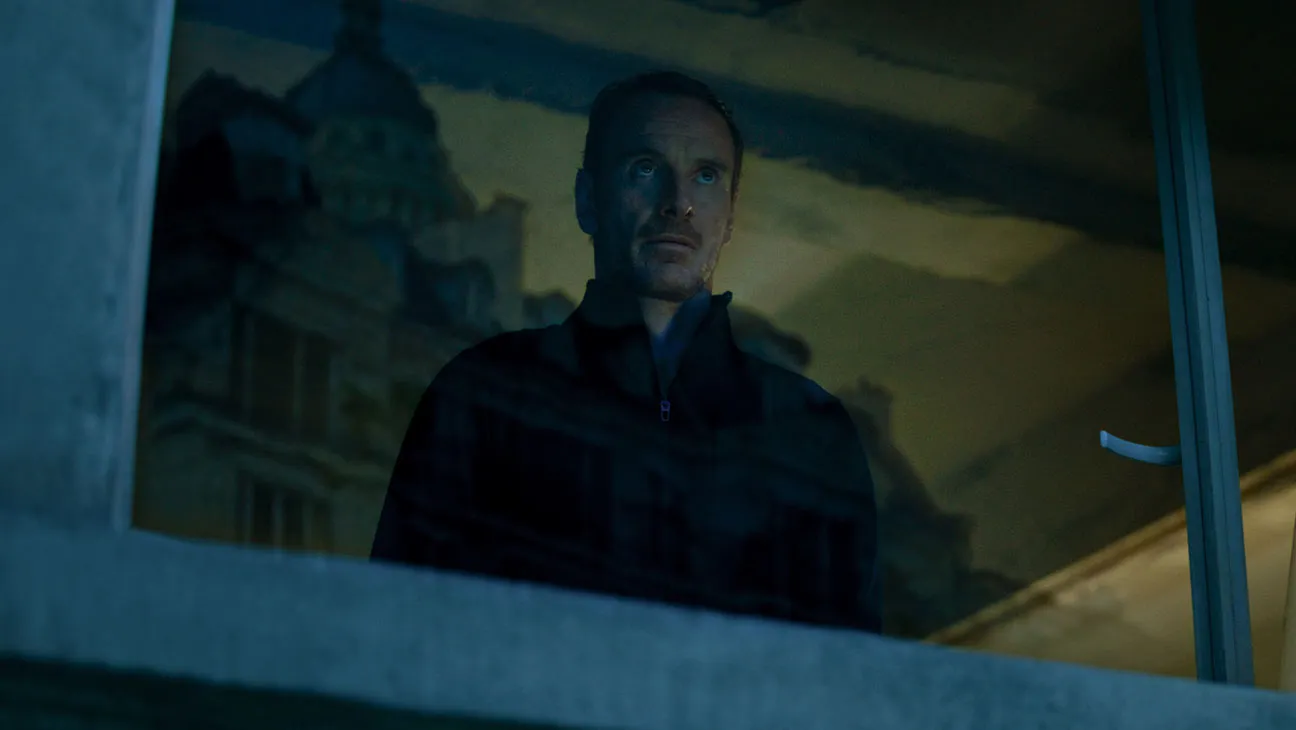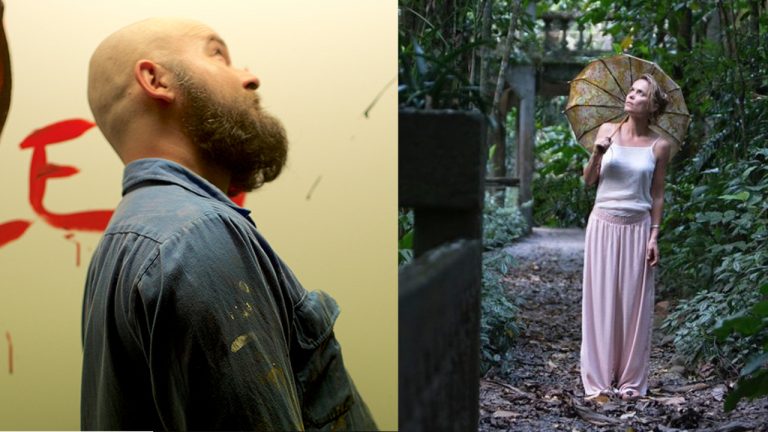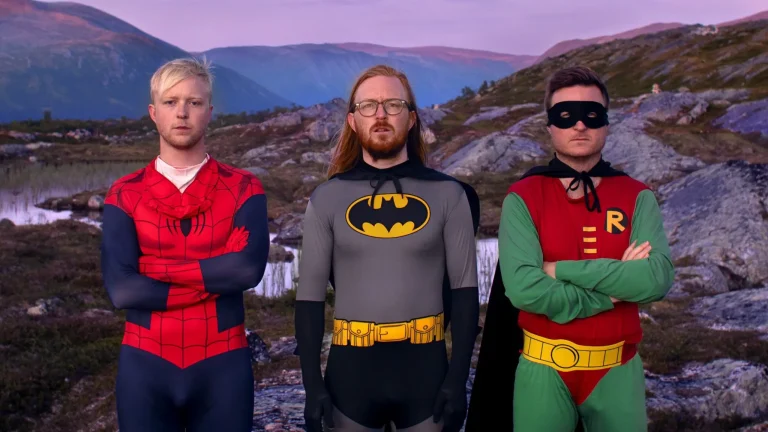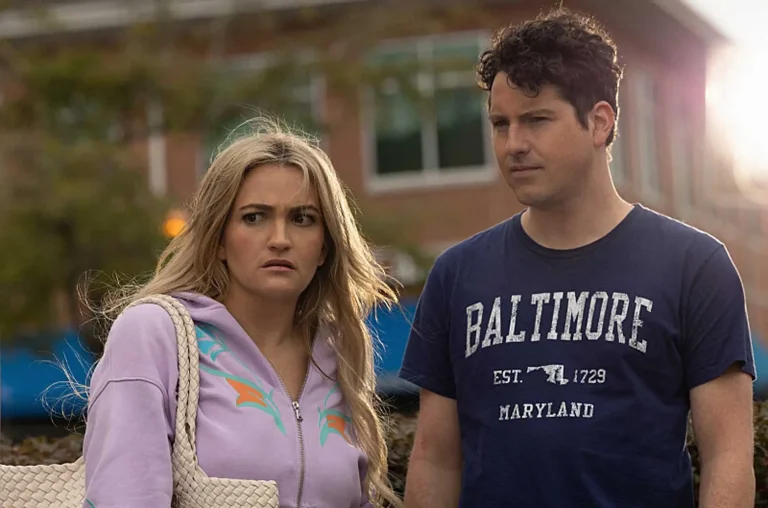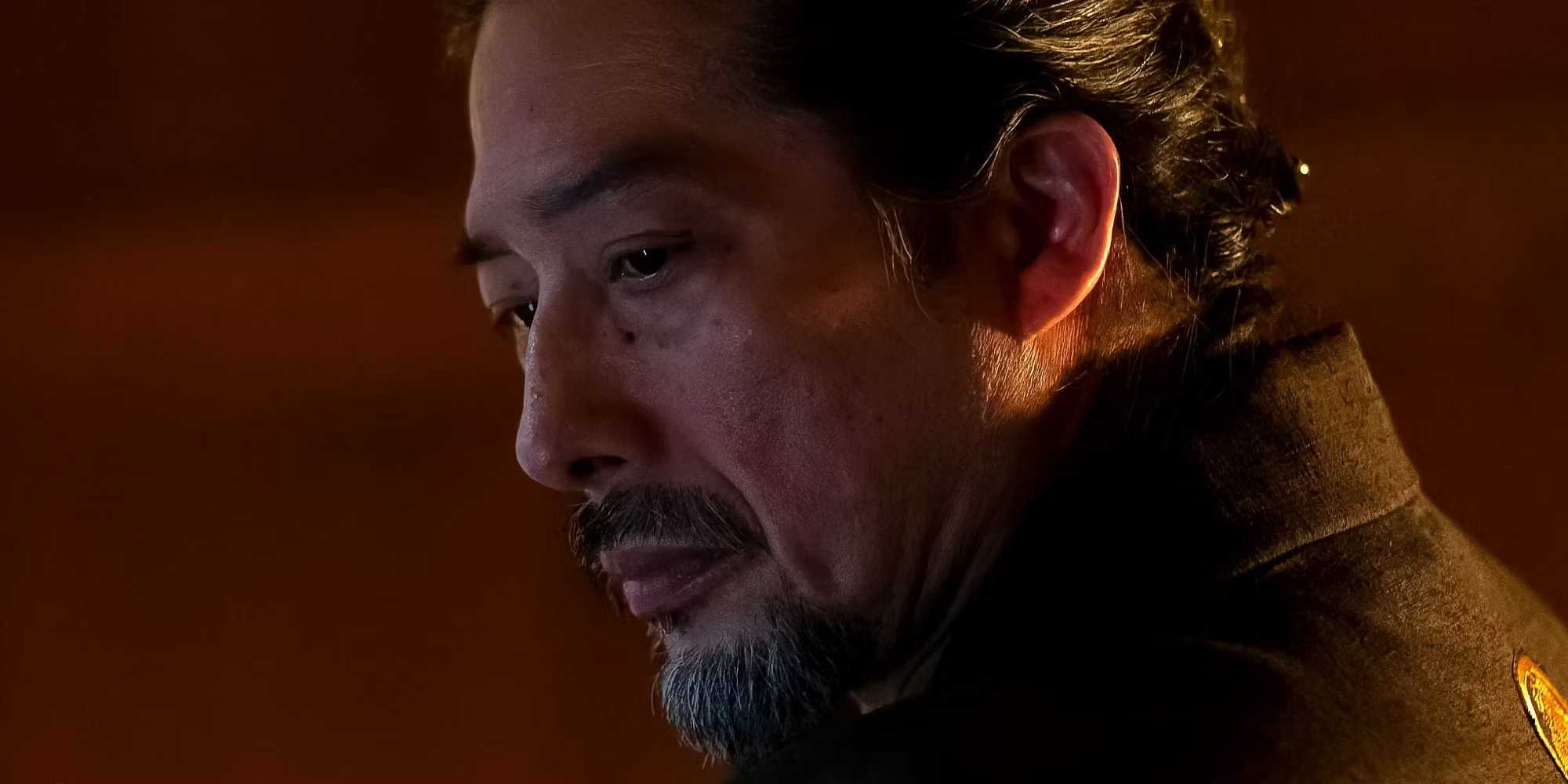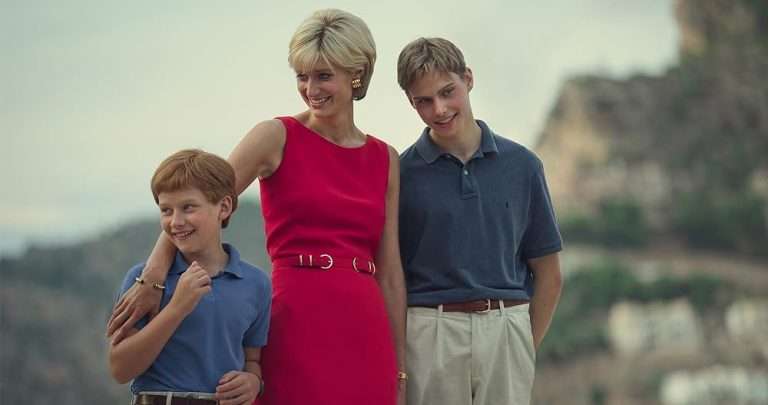If you consider yourself a Hollywood cineaste, you will have been paying attention to this movie. When you watch it, and you know you’re going to watch it, you will sit with your phone to the side and your body tense. You want to experience this one. By the end of the film, you’ll have the eponymous killer’s monologue memorized to heart. “Stick to your plan. Anticipate. Don’t improvise. Trust no one. Never yield an advantage. Fight only the battle you’re paid to fight. Forbid empathy. Empathy is a weakness. Weakness is vulnerability. Ask yourself: what’s in it for me?” That last question will be particularly relevant – you’ll ponder it the moment the credits roll. And the answer is unfortunate: there was not much in this for you.
The Killer is David Fincher’s twelfth feature film. The director is one of the most clinical filmmakers of the modern era. His pictures are calibrated to the umpteenth degree, polished to a slick, desaturated hue that has come to define a whole aesthetic: the Fincher look. His latest is no exception. Every frame of The Killer is impeccably composed, and the editing is adrenaline-inducing; most of the cuts in this film are euphoric. If you have ever taken note of the art of film editing, this picture will offer you something to appreciate in nearly every scene.
Technically, then, it is an absolute tour de force. While that is par for the course for Fincher, it is refreshing, considering the mindless slop that Netflix originals usually constitute. There are wonderful amounts of intentions inherent to the production of every scene of The Killer. Of course, technique is not everything, and that appears to be something that the filmmakers overlooked. The challenge that they gave themselves with this project is a tremendous one: can you make a film so formally compelling that the viewer forgets that they’re watching something utterly banal and soulless? Well, not this time.
Michael Fassbender plays the titular hitman, who loves songs by The Smiths and monologues while waiting for his targets to show themselves. When a job goes awry, the nameless gun-for-hire goes on the run, chasing down the fellow outlaws who thought they could cross him. If that synopsis sounds simple to you, you are right to think so. There are no surprises here. The script is an adaptation of a French graphic novel by Alexis Nolent and Luc Jacamon, and if it’s any indication, the source material must be one of the most generic hitman comics ever published. If at any moment you suspect the story might twist or turn, check yourself: you’ll be wrong.
The lack of any narrative tension is not even the biggest issue: a trope-ridden film can be very enjoyable if executed well. The biggest problem plaguing the script for The Killer is that it lacks any interesting characters. The supporting cast includes Tilda Swinton, Charles Parnell, and Sala Baker, but none of them are worth caring about (though Swinton does make something of an impression with her small role). Fassbender is the main attraction, and his performance is committed – the killer’s bemused observations about the process of assassination and the state of the world are at least compelling, and they can be funny in their sardonic detachment.
However, the voiceover is the only insight we get into his character. Everything else we see of the man is impenetrable and remote. Fassbender barely allows any emotion to shine through the exquisite lines of his face. The result is an enigma of a protagonist that the script never seeks to crack. The man is a boring psychopath with no redeemable qualities – why should we care about, or even be interested in, what happens to him? That is the fundamental flaw at the heart of The Killer, which is one of the most well-made pieces of narrative mediocrity this critic has ever seen.
Fincher does his best to keep things invigorating. This film is rife with thrilling set pieces in miniature – tiny moments of formal finesse that keep proceedings interesting to witness even if you do not care about the outcome. That includes sequences that might appear mundane on paper: a minute-long scene where the killer has to wait for a delivery man to leave before he can stop a door from sliding shut or another where the killer has to clone a keycard at a gym.
Every moment is well-calibrated, and there are a couple of major set pieces, too: the opening assassination and a second-act fistfight. Both are thrilling, and the latter features some very interesting sound design (the characters make very few sounds while moving, which feels formally daring in an era where the whoosh of a flung punch feels just as important as the crack of its landing). The entire thing is paced for small attention spans: very few shots last longer than a few seconds, and as a result, things keep moving even when the script loses the thread of the story.
Two elements of the film stood out like sore thumbs. The first is tied to the narrative: the entire story hinges on the killer’s attachment to a character played by Sophie Charlotte, but the depiction of this relationship is incredibly lazy. We barely even see the character who is supposed to have instigated the plot – her relationship with the killer goes literally unexplored in an incredibly misguided creative decision. The second is tied to the production: the killer has some of the most blatant and frequent product placement I have ever seen in a movie. Far from aiding the realism, it breaks the immersive effect the filmmakers do so much to create. It’s unclear why they had to resort to this, considering Netflix footed the bill for the film, but it is very unfortunate.
The whole thing culminates in a bizarre standoff with zero stakes before Fincher ushers the audience out of the metaphorical door with a spectacularly anticlimactic epilogue. He has failed in the challenge he set himself for this project, and I am unsure what drew him to it in the first place. I imagine after the misguided passion project that was Mank, Netflix tasked him with doing one-for-them. He agreed, clearly, but like his cold protagonist near the start of the film, he’s overextended himself.
Also Read:

